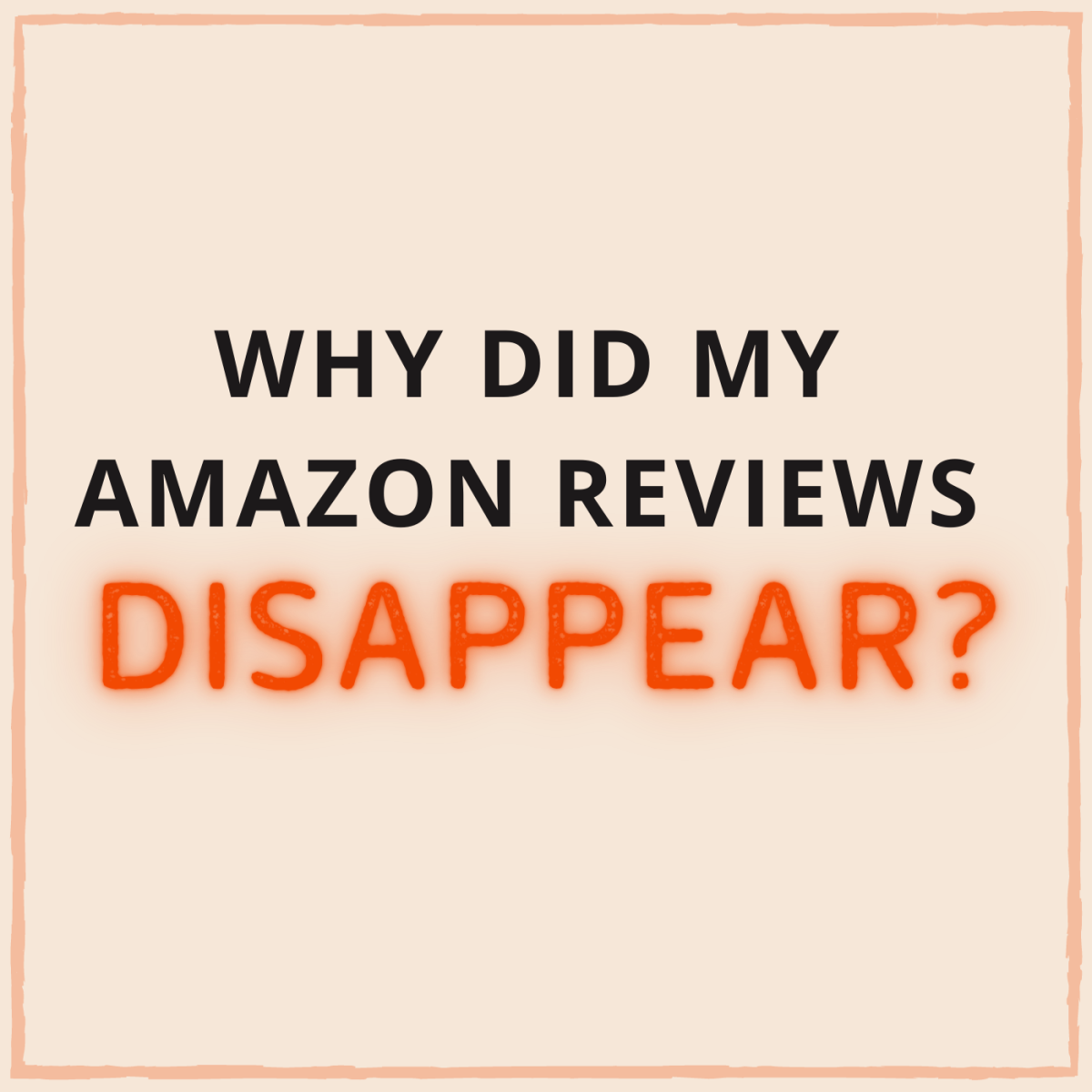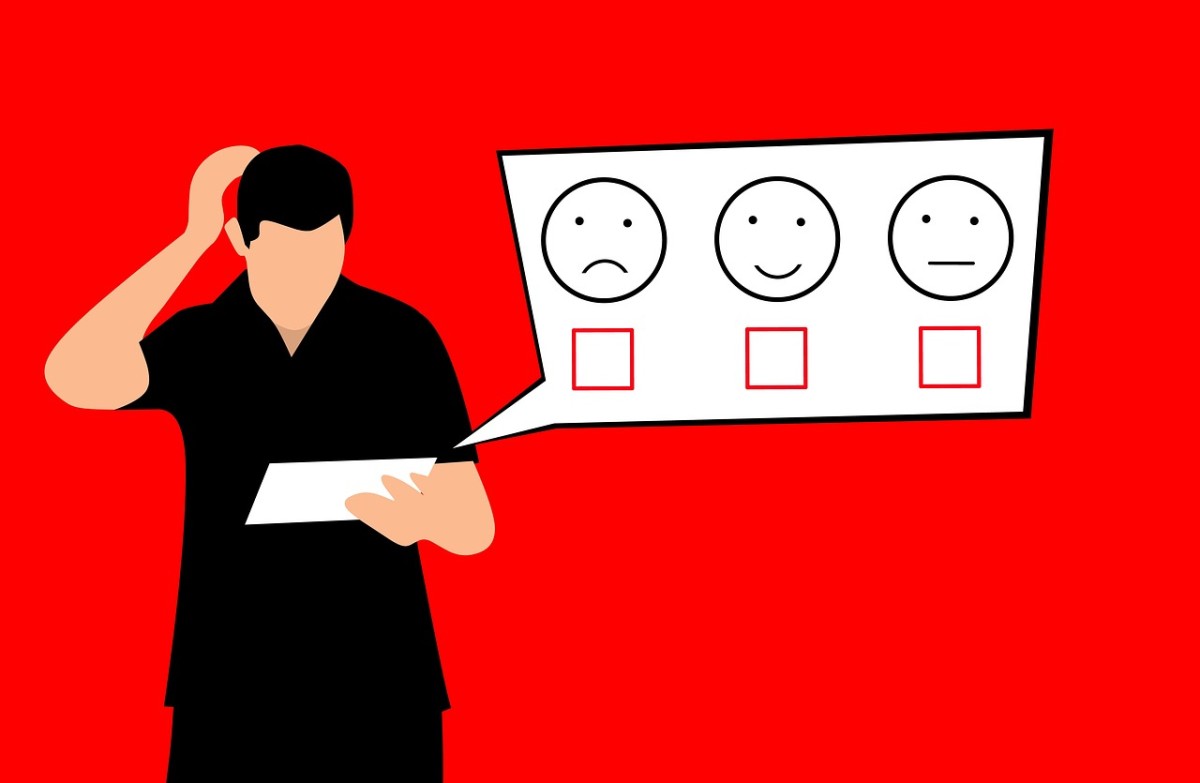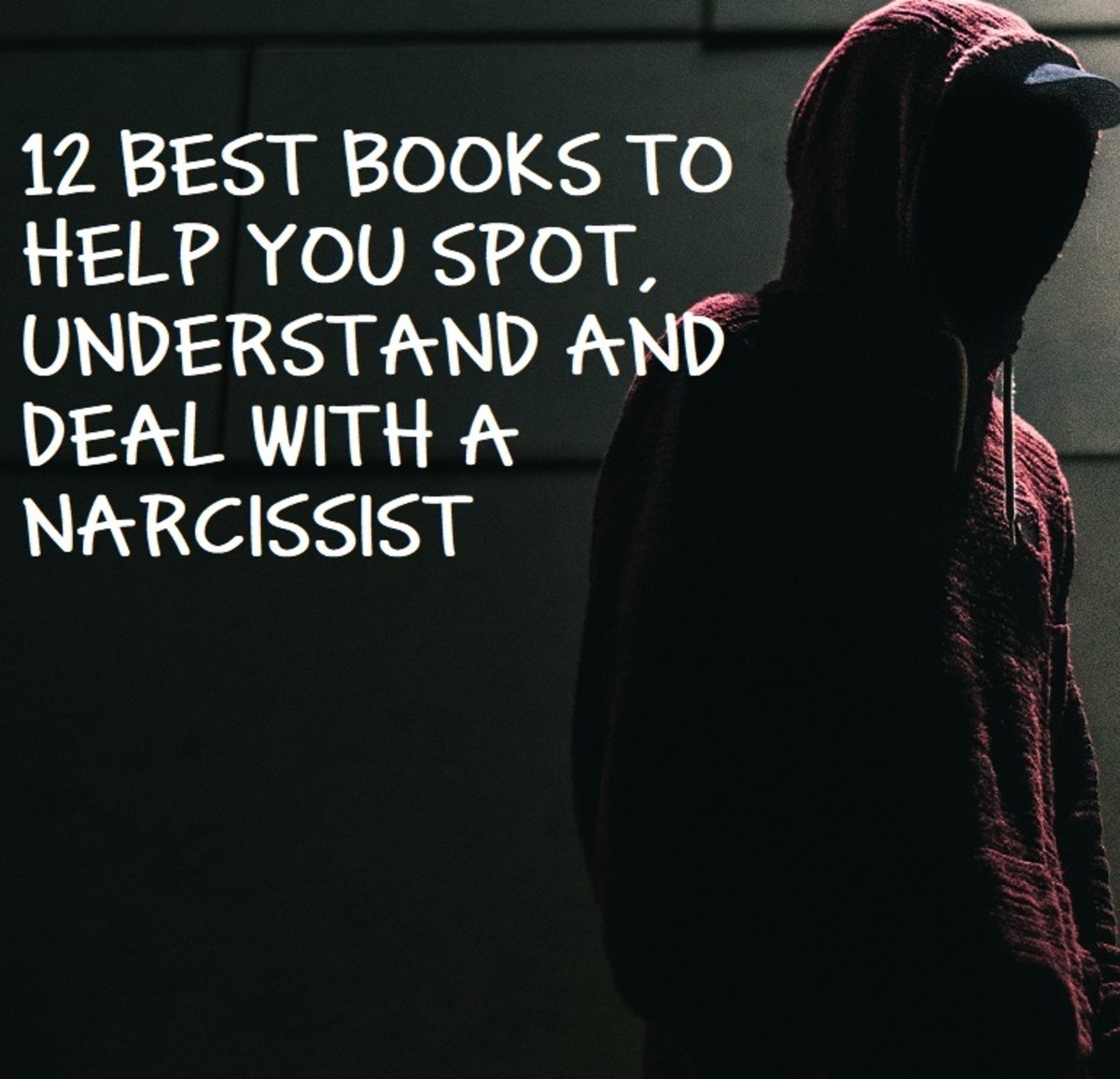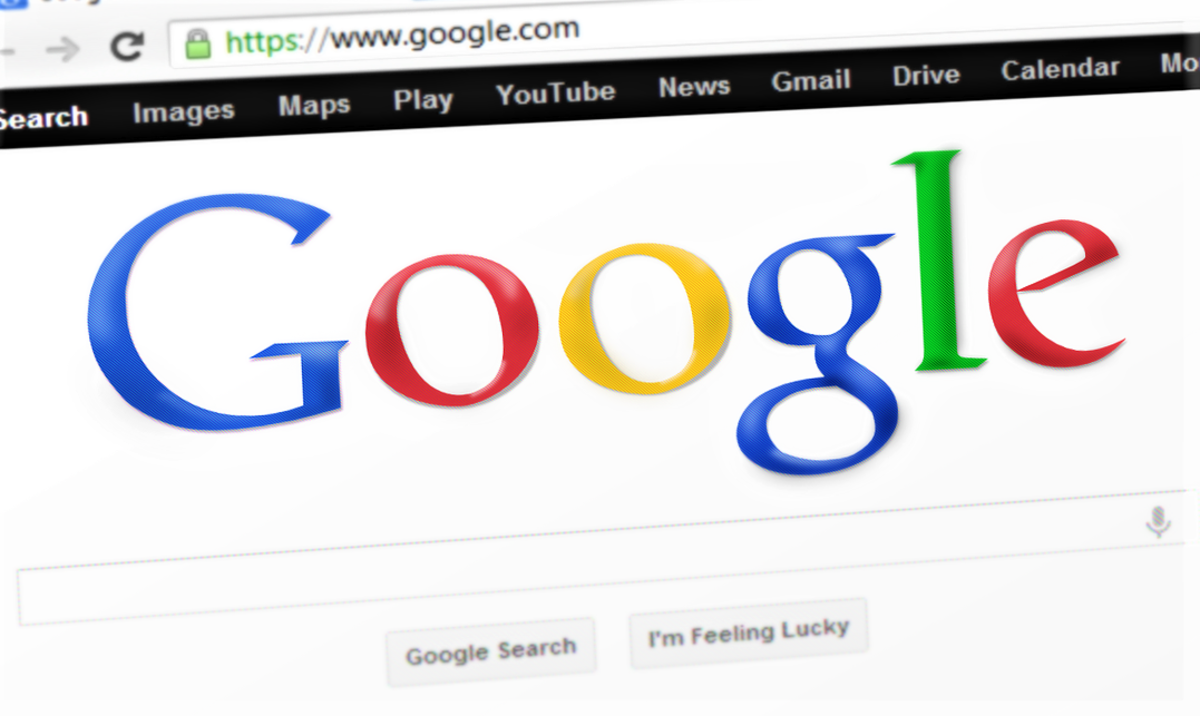Open and Honest Reviews: How to Give and Receive Them!
© 2012 B. L. Bierley
Every author or person in the world of entertaining has gotten one at some point: a bad review. Or more specifically we’ve all gotten a review that was bad, work itself notwithstanding. I’m targeting what I call “hater” reviews or “trashing” reviews with that statement. Not that bad criticism can't be justly deserved in some cases. But there is a right and a wrong way to give an objective review.
Reviews that intend to wound rather than give actual reasoning why the work was less-than-entertaining are not helpful to anyone, no matter who gives them. Reviews that praise without the work deserving the effusion are not helpful either. So I’m writing a reviewers’ guide to giving an open, honest review of an item or work of literature (whether you love it or hate it) interlaced with some sound advice about receiving reviews both good and bad in the same venue.
In the interest of trying to be succinct, my focus will be on literary reviews. But any of this advice will work if you substitute anything for the subject of the review (artist, movie, product, whatever). I’ll let that be said here in the opener so that we can avoid unnecessary vocabulary and wordiness throughout.
Why Review?
Many people out in consumer-land might not understand why a review is important. Well, let me explain. In the world of literature and books, opinion unfortunately carries more weight than any other measuring stick you can use. Sure, sometimes popularity can be useful, and, with regard to writing in particular, a good book sells no matter what the opinions that are published about it say. But for newcomers and independent publishing folks, the opinions of critics can help or hurt.
In the world of literature there are few ways to get your work noticed in the public forum except by being mentioned in some form of media. Online bookstore websites all include places for people to write a review of the work so that others will know what to expect, or what others have thought when they read a book or novel. If a large number of people give a work positive feedback, others who see it will likely want to purchase the work as well. On the other hand, a large quantity of negative reviews will have an impact too. Either people will buy the work to see if they agree or will avoid it if they understand the reviewer’s perspective from their written testimonial. A well written negative review can have a much better impact on an item’s success or failure than a poorly written positive one.
Words are Weapons, Too!
I’d like to begin by giving you an example of what I perceive as a poorly-written negative review. Please note I am not lambasting this person’s taste in literature nor am I supporting the work being reviewed. I merely would like to point out the places in the review where I see a lack of effectiveness at getting across the reviewer’s point. Here is the example:
“This book is the lamest book I have read to date. The story is so agonizingly slow I didn't even get to the point they had sex, gave up on it 40% through.” (Review taken from Amazon.com as contributed by “Sarah Eff” reviewing the book, “Dating A (sic) Cougar (Never Too Late Series)” written by Donna McDonald)
The above was a review of a contemporary fiction novel from a series. In my opinion, the reviewer makes two very important mistakes, thus making her review less-helpful, even as a negative perspective.
A blaring no-no for me right off the toe was the admission of the reviewer of not even having finished the work. Personally I find this ineffective proof of opinion as a consumer. If you’re going to give an opinion, give an accurate opinion of the work as a whole. If you only read less than half of the book, it obviously wasn’t for you. If you get to the end and find that you were disappointed, then you have a point to make. But that’s just one opinion of course. Not being able to get through a book might give you license in itself for the negative review if you have something specific to criticize about the work. But in this review, that wasn’t proven to be the case.
The only real criticism given in this review was that the book was slow, so much so that the reviewer gave up 40% of the way through. That’s hardly damning to the quality of the book, and in fact some would say that’s more critical of the impatience of the reviewer. Another reason I find this less-than reasonable is that a slow book doesn’t always mean a bad book for obvious reasons.
“Anna Karenina” by Leo Tolstoy and “Tess of the d’Urbervilles” by Thomas Hardy (both classics of literature and widely admired by many literary critics) are both slow in the beginning, but they each get better as you go along with the story. And there are enough good qualities within each book to make slow progress easily forgiven. I say ditto for some other works that are touted by many as excellent literature.
Now I’m not saying this particular book is thought to be excellent literature, nor do I think it is complete rubbish. I also read and reviewed this book, and I agree with it being somewhat sluggish on the opening. But I made my way through, and I felt the work did improve somewhat as the reading progressed. I wouldn’t give the book a glowing review either, but my point is you shouldn’t review something if you didn’t have the good grace to finish the work and give a complete review of it as a whole.
Even though reviews are opinions, it would have been more believable as a good negative review if the reviewer had given a few detailed reasons why she felt the way she did. A negative review doesn’t necessarily have to be mean to be effective. And this example is mild compared to some I’ve read. But a well-written negative review can have as much sway as a diplomatic positive review, both of which give more clout toward someone in making a decision to purchase or sample a piece of work.
If You Can’t Say Something Nice …
Ah, this old adage about keeping your mouth shut doesn’t work for critics. And if you are trying to be truthful about something that is bad it’s even worse. So I will give an example now of a more believable and well-written negative review:
“I was looking forward to reading "She's Come Undone" but was sadly disappointed. Friends said it was good, but I'm not on the same page. Sometimes the book was believable, and Lamb did an admirable job of getting into the head of a young, overweight woman, but the plot was flimsy and the symbolism (look out for lots of over-obvious whale imagery and references) was heavy-handed. I don't want to give anything away, but there's a whole section of the book, towards the end, that gets unbelievable. The last few chapters feel incredibly rushed...as if the author wanted to finish the book but didn't want to take the time to do it well. Suddenly we meet a new character who will take on a major role in her life, but he's the most weakly drawn and their chemistry is questionable. I wanted to like this book...but often didn't. I read on the cover that it was 'hilarious,' but it was mildly amusing in parts at best. I didn't hate the book--after all, I finished it--but I don't understand what all the hype is about.” (Review taken from Amazon.com with “Catherine ‘catherine10012’” reviewing the book, “She’s Come Undone” by Wally Lamb)
Obviously this is a review for a bestseller, but this was a two-star negative review. Even if the reviewer had given it only one star, it would still have been effective. The reasons why this review is more helpful in establishing the reader’s perspective and opinion are clear throughout the review. The reviewer gives specific examples for why the book didn’t work for her in several places. She gives good points and bad, but with intelligence that made it clear as to why things that weren’t good didn’t work for her. I know from my perspective as a potential reader that this type of review would be more believable as a possible guideline rather than someone saying, “lamest book I have read” and never really saying why.
When giving a negative review, I think it still makes sense to point out things that weren’t so bad about the work if you see any. In my opinion there are lights and darks to everything in the world. Likes and dislikes aren’t always black and white. And just like anything I read, watch, listen to, et cetera—there are always things I like and things I do not. Nobody’s perfect, but it still doesn’t mean I can’t accentuate the positives along with pointing out the negative. That, in my opinion, is a better-informed review. Just saying.
How Many Points Do You Give?
Ratings are subjective no matter who’s giving them. For rating books and entertainment many sites use stars or some other likeable item to show rating scales for things. On movie review sites it’s usually thumbs (in up or down position) or popcorn tubs. Sometimes it is tomatoes in various stages of decay … but only if they’re going to throw them (haha). But the rating you give an item should be honest and diplomatic. For that reason I have to be fair.
A single star rating is very low and has a lot of clout when wielded against someone’s hard work or effort. So I advocate using it only if you can find absolutely nothing positive to say about a work. I’ve never given anything a single-item rating unless it was both a) very poorly done and b) offensive on at least two levels for me. I usually advocate giving at least two stars for most things unless you really have nothing positive to say. I think most books on the market deserve some modicum of credit if you can identify the plot, but I’m only giving my personal guidelines here. Most will tell you that an intelligent reviewer always tries to see something worth noting, both good and bad.
I have found a few poor choices that I would have given a poor, one-star rating (some even from authors of whom I would say that I am a fan). But because I reasoned that my dislikes in those incidences were personal, not based on the actual item itself, I chose to keep my opinion to myself. I’ve had plenty of products I’ve purchased in places without a forum for review that I’d like to be able to give negative, or one-star reviews, but unfortunately there are few sites where you can go rate random things (except Facebook—which just now I’m learning is a great place to spread the love or give a negative opinion of something if you must).
Don’t’ get me wrong. I’m not against one-star ratings that are justly deserved. But I stress to anyone who asks my opinion that if you aim to give something a singular star rating, be able to back it up with valid reasons. For myself, a one-star rating isn’t always a deal-breaker when I am choosing an item. Seventy or eighty one-star reviews would be a different story—especially if they are all the work has to show for itself.
Thusly, if you are the only person rating something with a single star, you might want to consider if your rating stems from personal dislike rather than real product imperfection. Giving a low-ball review to something just because you don’t like it or are trying to give it a lower rating for malicious reasons is poor reasoning in my opinion. Of course, no one can stop you. I would just like to stress that you will only look foolish and lose public respect and credibility if you give a poor rating to a product or item that is otherwise receiving ample praise and support. It’s something to think about before you unleash your wrath in a review.
The same can be said for highly praising items. You should have plenty of evidentiary proof that the book is a winner if you are the only one rating it so high. Books with one high rating look suspicious to anyone, especially where an otherwise a mediocre public response exists. Unless you have ample proof and can provide examples to support your glowing recommendation, people will not take you seriously.
In fact the only things I can ever recall giving a perfect rating were useable products that really worked well and exhibiting no known flaws. There are only two things I’ve ever reviewed with five-star ratings that I can recall off the top of my head. The first was my acrylic wineglass set. They’re durable, hard to break, and are dishwasher safe--how can you go wrong there, really? The second thing was Ziggy’s “Mine Craft” pixelated pick axe toy. It was a huge hit, and I gave it five stars because he was so happy when he opened it for Christmas it was the highlight of his haul (yeah, a twenty dollar foam toy … go figure)! Things that score big points in my world are always things that I cannot find fault with or that hold up to their claims!
It’s Just Not Your Bag, Baby!
Obviously some books aren’t for everyone. People who aren’t into erotica for example should not review it. They cannot appreciate the work if they have strong dislike to the genre. However, if someone feels they can give an open, honest opinion of the work, more power to them. Same goes for genre-specific prejudices. Some people feel there is no room in Regency romance for humor or “out-of-time-period” behavior, while others think things that are non-characteristic to the period are pardonable in a good character. Either way you slice it, you should base your negative review on things that are universal flaws from any perspective rather than just things that are subjectively flawed.
Likewise, I generally never advocate giving a perfect rating to any work unless it was something so moving or inspirational to me that I cannot see any flaws. This is rare in my world. Not that I think I’m perfect, au contraire mon frère! I can easily see flaws in other people that I might not see in my own work or that of persons I know very well. Five-star, thus perfect, reviews are rare for me personally with regard to books.
Lastly, there is a good rule of thumb to follow when writing any review that was recommended to me by my college writing professor. When writing opinion, which covers any area of review, one should never give a highest or lowest rating unless you can count yourself an aficionado of the work. All others should use reasonable judgment when giving their opinion and rate according to what they know. Not that someone needs to be an expert. If you read only one genre of fiction, and you've read hundreds of titles in that genre, then you should be able to give a valid review of a book from that genre. But if you never read anything of that sort, you should refrain from criticizing work you're not familiar with.
I know nothing about car maintenance. Therefore, I feel that a book about car maintenance is way out of my wheelhouse, unless it's a book for dummies. Then I can give an accurate review of whether or not that book hit its target audience, me! Books dealing with genres I don't particularly like, I usually will not review. The only exception would be reviewing to give my opinion-- and state it as an opinion in my review. This isn't really mandatory when giving a review, but it should make sense to most people.
Don’t Just Take My Word For It!
If you use ratings to help you make decisions for purchasing items (whether they’re from “Consumer Reports” or just your average Jane on the internet site) you should always use common sense, the same as if you are writing the review yourself. All ratings are given by people. And people differ in the way they love or hate things.
I’ll give a few non-book examples. I love cheesy eighties movies, even the ones that some people face-palm when they hear them mentioned (“One of the Guys” ringing a bell with anyone? No--but only because you’re blocking it out? Point made!). But you can easily agree that not everyone is with me on that. I have some pretty obscure favorites in my wheelhouse too, but I understand the love for these items in the real world isn’t universal.
Likewise I understand that differences in opinion mean I should take ratings with an open mind. And I give everyone in the world leave to like what they like even if I do not. Even when the mainstream media thinks something is “the best thing since sliced bread” I still go out and read what others say before I decide to give it a try. And then, if I agree, I’ll add my review to the fodder. If I don’t, I’ll still add my two-cents worth, but I’ll give reasons why it doesn’t work for me. And as I do so, I try not to alienate anyone else’s opinion with regard to taste. Cutting something to ribbons just because you can is petty and does no one any good.
Take the trend right now in craft beers. I like beer, but I don’t love it. I have my favorites, naturally, and there are a few others I’ll tolerate if everything else on the bar is warm and flat. But I do not like dark, pilsner beers or the higher IPA’s that seem to flood the taps at my favorite places these days. If I were to give a review to one of our local craft beers, whether I was writing a glowing recommendation or a negative review, I would begin by saying that I’m not a fan of craft beer. I think it’s important for the public to understand your position on something before they take your review to heart.
So whether you’re a well-informed consumer or a person with a bone to pick about a product you didn’t appreciate or like, be sure to give an honest review with sound reasoning to back you up. Good or bad, your review should count if you’re taking the time to write one. And as a person in the entertainment-literature community, I always appreciate a well-written review! So get out there, friends, and make sure the world knows what you liked or disliked and why! Take all negative and positive reviews with a grain of salt to account for personal taste.
And a big thank you to Amazon.com and Sarah Eff and Catherine10012 for the use of the review examples.
One Last Thing …
In the growing world of independent publishing, there will always be criticisms. Self-publishing, even on good websites with monitoring and the like, is a difficult world to exist in. When you self-edit, you must know from the start that you will make mistakes. And be ready for people to review your work and point out your known and unknown flaws! Also be prepared to do at least one revision after you release a book, folks. Typos, auto-correct, and accidental omissions happen to the best of us.
The cardinal sin of independent publishing: DO NOT, under any circumstances, respond to a negative review. Everyone has a right to their opinion, even if it differs from yours. And never, EVER rate your own work! That’s all kinds of wrong! Let the public rate you independently and take your good reviews with your bad ones.
Don’t mire yourself down if you get one bad review. Give readers credit to recognize opinion when reading reviews. There is always someone who’s bound to dislike your work because not everyone is alike in the world. But if you get fifty bad reviews, you might want to have an outside consultant take a look and see if they’re on to something, though. That’s why I always have five to seven volunteers, always including two people who are unrelated and thus hyper-critical of me, proofreading my work before I even venture to think I’ll publish it.
No one can see their own flaws because of bias, obviously! That’s a lesson many in independently publishing should take to heart. Independent publishing is fraught with errors usually because it is really expensive to get an independent, non-biased, third-party to proof and provide edits for a two to three hundred page work.
The bottom line here is this: Don’t be afraid of the unknown reactions of others when you venture into self-publishing, and employ good proofreaders before you put your name on a work and throw it into the arena. That’s good advice, brethren.
B~)








